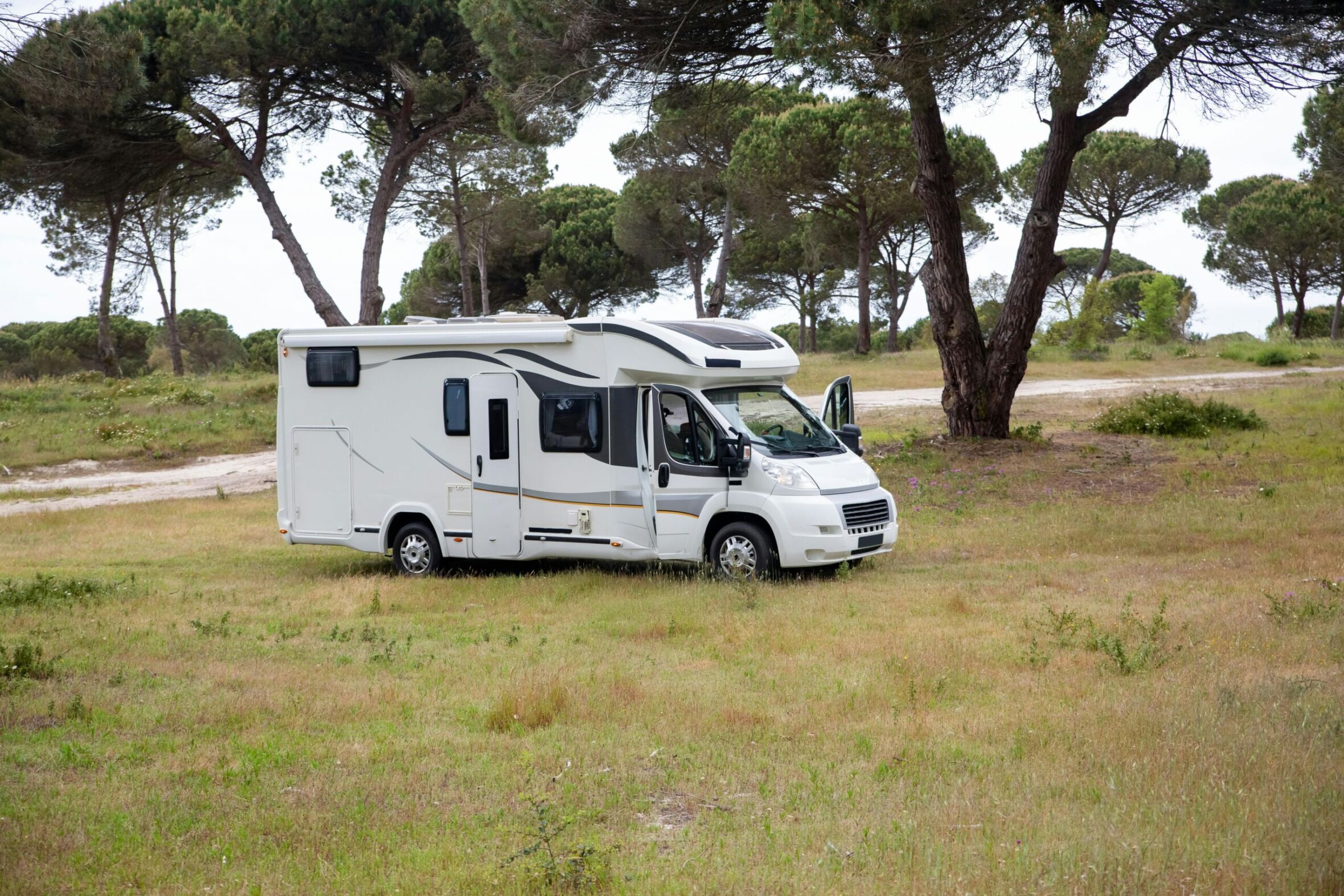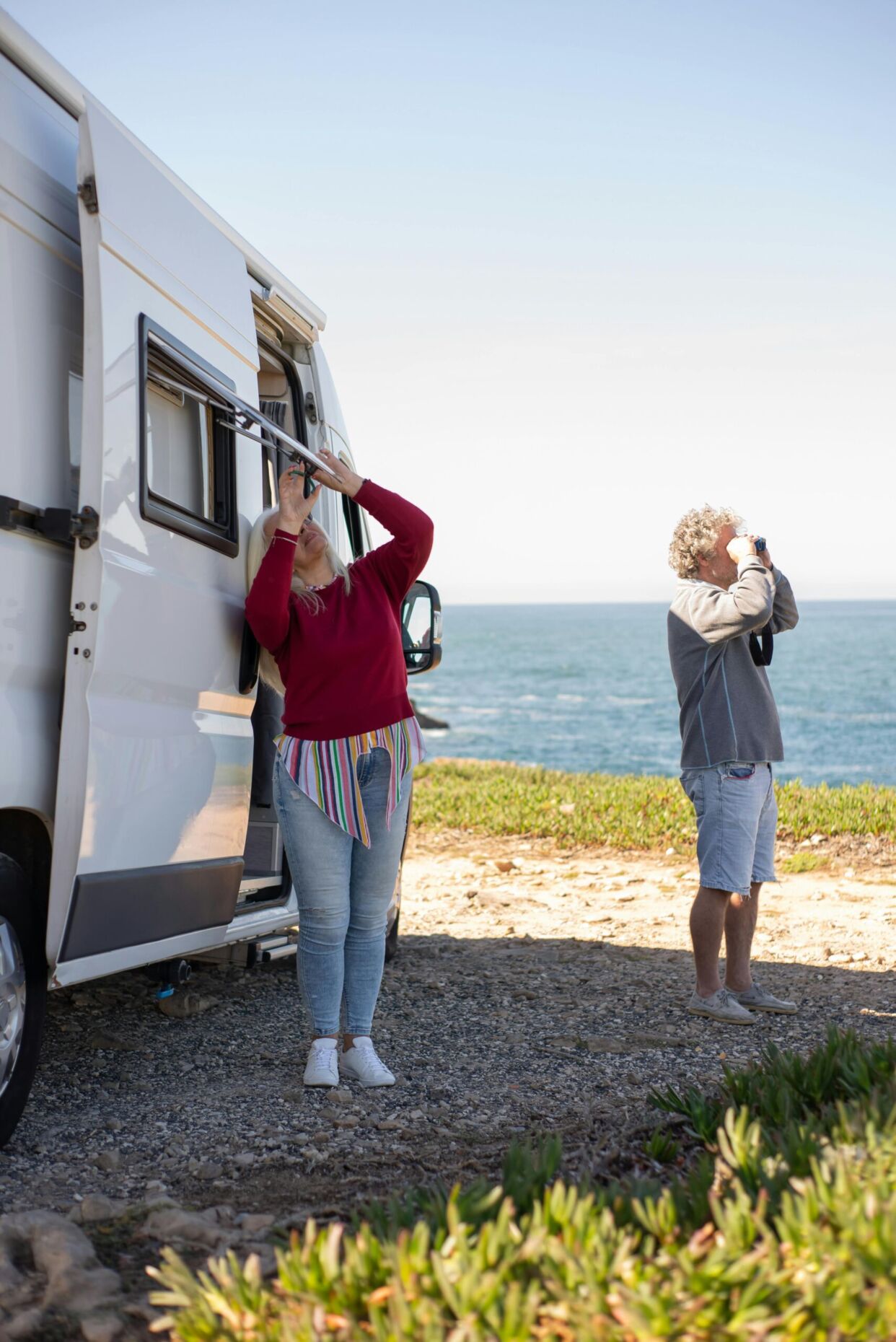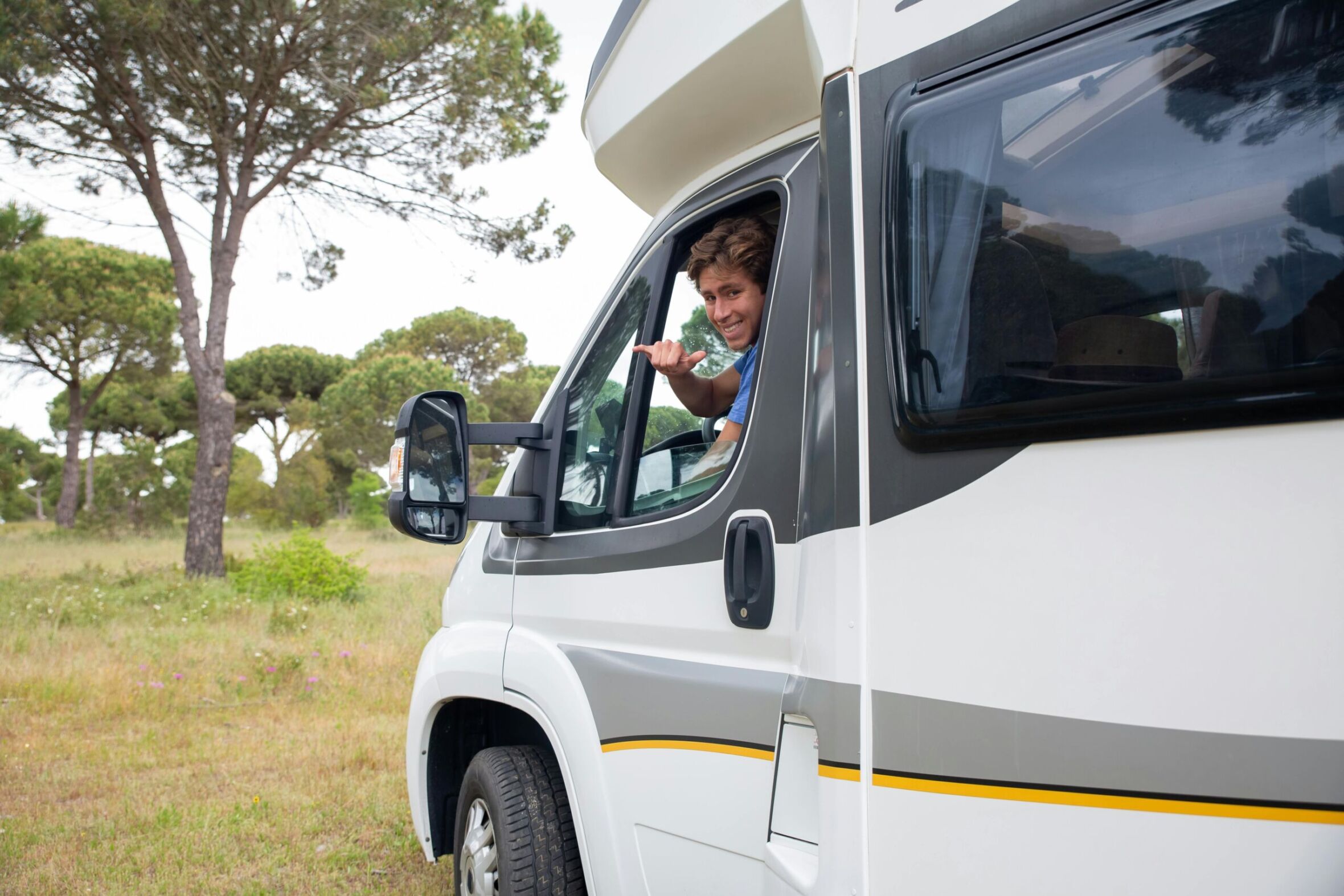Why Rent an RV Instead of Buying? Pros and Cons Explained
Renting an RV instead of buying one has its pros [...]
Renting an RV instead of buying one has its pros and cons. Here’s a breakdown to help you decide:
Pros of Renting an RV
- Cost Savings
- Lower Upfront Costs: Renting avoids the significant investment required to buy an RV, which can range from $10,000 for small campers to over $100,000 for luxury motorhomes.
- No Maintenance Expenses: Owners often face ongoing costs for repairs, storage, and upkeep. Renting eliminates these responsibilities.
- Flexibility
- Test Different Models: Renting allows you to try various RV types (e.g., Class A, Class C, travel trailers) to find what suits your needs best.
- Travel Only When Needed: You can rent an RV for specific trips without committing to regular use.
- Avoid Depreciation
- RVs depreciate quickly, especially in the first few years. Renting saves you from losing value over time.
- No Storage Worries
- Owning an RV often requires finding space to store it, which can be costly. Renting eliminates this concern.
- Access to Newer Models
- Rental companies frequently update their fleets, so you’re more likely to use a modern, well-equipped RV.
Cons of Renting an RV
- Higher Per-Trip Costs
- Renting an RV can be expensive for frequent travelers. Costs typically range from $50 to $300 per night, plus mileage fees and insurance.
- Limited Customization
- Rental RVs come as-is, meaning you can’t personalize them for long-term comfort or specific needs.
- Availability and Scheduling
- Popular travel seasons might make it hard to find the RV you want, especially if booking last minute.
- Learning Curve on the Road
- You may need time to familiarize yourself with each new rental’s systems, from driving controls to water hookups.
- Potential Hidden Fees
- Rentals often have additional costs, like cleaning fees, generator use fees, and extra mileage charges.
Who Should Rent?
- Occasional travelers who use RVs only for specific trips.
- Those new to RVing who want to explore the lifestyle without commitment.
- Travelers with no space for long-term RV storage.
Who Should Buy?
- Frequent RV users who travel multiple times a year.
- Those looking for a long-term investment or a mobile living solution.
- People who enjoy personalizing and maintaining their RV.
Ultimately, renting is ideal for short-term adventures and exploration, while buying makes sense for those committed to the RV lifestyle.





